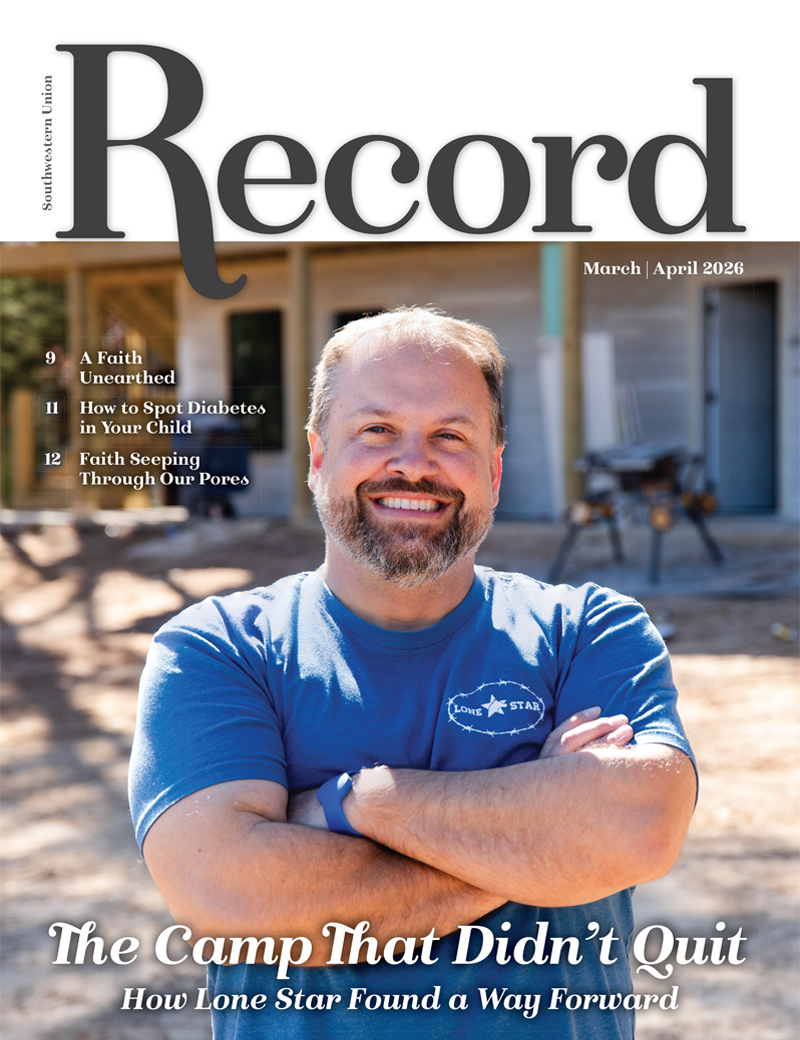Professional Development Matters

Seven PK-12 educators from the Southwestern Union recently met in Denver, Colorado, for the Association for Supervision and Curriculum Development (ASCD) annual convention. ASCD is a global education organization focused on empowering educators to advance and elevate learning to meet the needs of all students equitably and wholly. Several Southwestern Union educators are nominated by their superintendents each year to attend this premier convention.
This is just one example of ways in which the Southwestern Union’s Office of Education supports its educators in their quest for knowledge. Research confirms that the most important factor contributing to a student’s success in school is the quality of teaching. Thus, schools should be places where both adults and students learn. When educators learn, students learn more.
In PK-12 schools in the Southwestern Union, professional development is the strategy schools use to ensure that educators continue to strengthen their practice throughout their career. Professional development yields three levels of results: (1) educators learn new knowledge and skills, (2) educators use what they learn to improve teaching and learning, and (3) student learning and achievement increase because educators use what they learned in professional development.
Since improvement requires change and all change requires learning, it's important to identify and develop structures and processes for professional learning that build the collective capacity of staff to support a culture of change. Professional development can take many forms, but the most effective and sustainable structure engages teams of teachers to focus on the needs of their students. Educators learn and problem solve together in order to ensure all students achieve success.
This process is often embedded in what is referred to as a Professional Learning Community or PLC. A PLC is a collaborative culture that is committed to continuous improvement and collective responsibility for teaching and learning through active learning, modeling and coaching.
As one researcher notes, a PLC facilitates the building of human capital through social capital, which over time yields decisional capital. An added benefit of PLCs is that professional development occurs in the context of educators’ daily work; they benefit most by learning in the setting where they can immediately apply what they learn.
During the 2022-2023 school year, the Southwestern Union Office of Education began a two-year onboarding process for educators to engage in PLCs. Professional development is a critical component of the process, with curriculum-based learning focused on a set of math competencies. Initial data indicates that the process is having a significant impact on student learning. In addition, educators who have participated in PLCs are beginning to define learning as a “two-way street”: student learning depends on every teacher learning all the time!
By Carol Campbell
Vice President for Education


